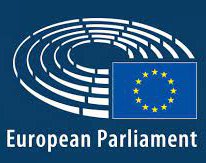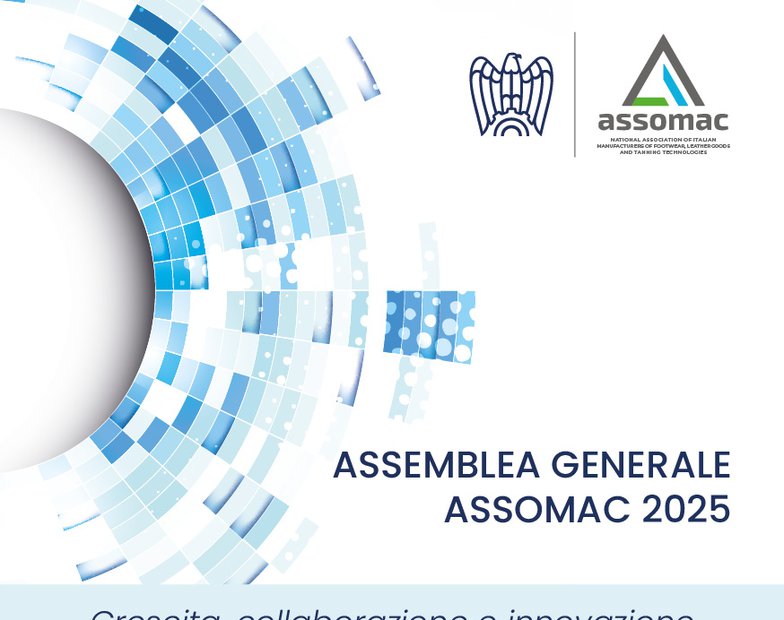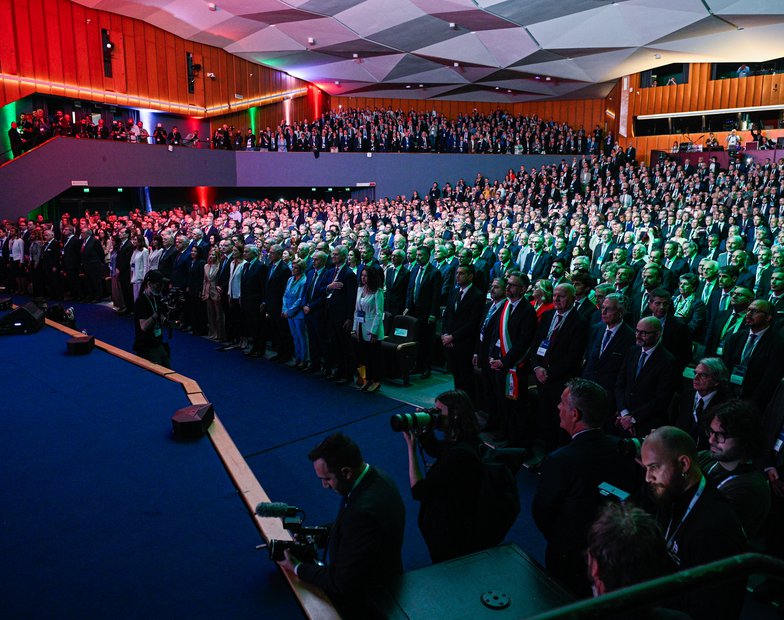To fight global climate change and biodiversity loss, Parliament demands companies ensure that products sold in the EU do not come from deforested or degraded land. .[Press Release by @Europarl_EN]
- An area larger than the EU was lost to deforestation from 1990 to 2020, with EU consumption representing around 10% of losses
- Parliament also wants pigmeat, sheep and goats, poultry, maize, rubber, charcoal and printed paper products covered by the new rules
- Human rights and the rights of indigenous people to be added as requirements
Plenary on 9/13/22 adopted its position on the Commission proposal for a regulation on deforestation-free products with 453 votes to 57 and 123 abstentions.
The new law would make it obligatory for companies to verify (so-called “due diligence”) that goods sold in the EU have not been produced on deforested or degraded land anywhere in the world. This would guarantee consumers that the products they buy do not contribute to the destruction of forests, including of irreplaceable tropical forests, and hence reduce the EU’s contribution to climate change and biodiversity loss.
MEPs also want companies to verify that goods are produced in accordance with human rights provisions in international law and respect the rights of indigenous people.
Enlarging the scope
The Commission’s proposal covers cattle, cocoa, coffee, palm-oil, soya and wood, including products that contain, have been fed with or have been made using these commodities (such as leather, chocolate and furniture). Parliament wants to also include pigmeat, sheep and goats, poultry, maize and rubber, as well as charcoal and printed paper products. MEPs also insist that products must not have been produced on land deforested after 31 December 2019 - one year earlier than what the Commission proposed.
Parliament also wants financial institutions to be subject to additional requirements to ensure that their activities do not contribute to deforestation.
Due diligence and control
While no country or commodity will be banned, companies placing products on the EU market would be obliged to exercise due diligence to evaluate risks in their supply chain. They can for example use satellite monitoring tools, field audits, capacity building of suppliers or isotope testing to check where products come from. EU authorities would have access to relevant information, such as geographic coordinates. Anonymised data would be available to the public.
Based on a transparent assessment, the Commission would have to classify countries, or part thereof, into low, standard or high risk within six months of this regulation entering into force. Products from low-risk countries will be subject to fewer obligations.
Quote
After the vote, rapporteur Christophe Hansen (EPP, LU) said: “We are serious about fighting climate change and biodiversity loss. Acknowledging that the EU is responsible for around 10% of global deforestation, we have no choice but to ramp up our efforts to halt global deforestation. If we get the balance right between ambition, applicability and WTO compatibility, this new tool has the potential to pave the way to deforestation-free supply chains.”
Next steps
Parliament is now ready to start negotiations on the final law with EU member states.
Background
The UN Food and Agriculture Organization (FAO) estimates that 420 million hectares of forest — an area larger than the EU — were lost to deforestation between 1990 and 2020. EU consumption represents around 10% of global deforestation. Palm oil and soya account for more than two-thirds of this.
In October 2020, Parliament made use of its prerogative in the Treaty to ask the Commis


